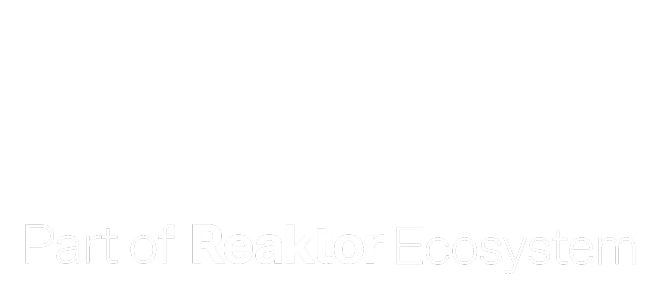Increasing Efficiency With DevOps in 2021
14/07/2021
by Jarvis

Tekai's main expertise lies in DevOps, we will share with you our top tips for increasing efficiency with DevOps. DevOps is the new hip technology and a lot of organizations want to apply it for their operations. However, not everyone knows how to implement it for maximum performance.
 Before DevOps
Before DevOps
In a software project, there are two large departments: Development (Dev), and IT operations (Ops). The mission of the Dev department can be taken from its own name: to develop software and services. In contrast, the responsibility of the Ops department is day-to-day maintenance and management of IT infrastructure to ensure the agreed level of the business’ IT services [1]. Simply put, the Ops team is partly responsible for taking the Dev department’s delivery and putting it to use.
In a traditional model, Devs and Ops work differently and independently.
In most cases, one team lacks the visibility and insights into the other. Moreover, there is a remarkable difference between these two departments: Dev is all about quickly implementing changes, while Ops focuses on keeping the production environment stable[2].
Developers often have a joke that “It works on my machine but Ops’ doesn’t”. There were countless meetings, workshops, and communication back and forth, to deliver new features or releases.
 Why DevOps?
Why DevOps?
Unless and until the two groups can reconcile these opposing views and share a common way to think and work, nothing will improve [2].
DevOps is intended to be a cross-functional mode of working in modern software development, where Dev and Ops start to share their roles, concerns, and processes.
It is often difficult to tell if the application is operational when the Dev and Ops team have different processes and opinions. When Dev teams submit a request, the cycle times are unnecessarily extended due to the required communication to align the teams. However, with joint development and operations efforts, the team’s applications are quicker to be in use.
 The Benefits of implemeting devOps
The Benefits of implemeting devOps
DevOp speeds up the development process and helps team communicate more effectively. This is important because companies’ success is based on their ability to innovate faster than their competitors [3].
With DevOps, your company can reduce the costs and risks of the service after deployment. Since there is no handover, the same team that has developed the functionality is involved in the go-live and supports during the riskiest moments. [4].
DevOps also encourages organizational automation, which results in faster and more reliable delivery of functionality after every release.
Going forward, DevOps is a new process that will build a solid foundation for any business thanks to its positive impacts on working efficiency and reliability.
References:
[1] https://advisera.com/20000academy/knowledgebase/operations-management-function-itil/
[3] https://dzone.com/articles/top-5-reasons-why-devops-is-important
[4] https://www.mendix.com/blog/why-you-should-consider-devops-for-your-organization/
Image credit: https://medium.com/@neonrocket/devops-is-a-culture-not-a-role-be1bed149b0

























